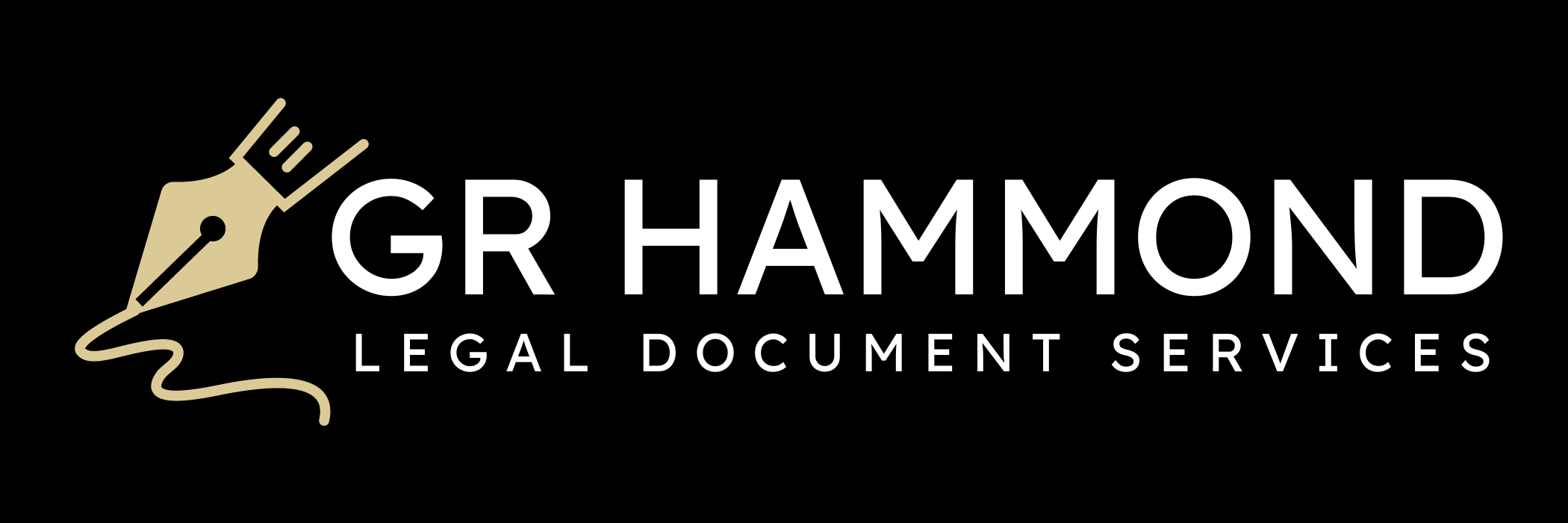Estate Planning Documents
Estate planning is a way to make sure your personal and financial affairs are set up in case you become mentally incapacitated or die. You may need to make four or five important legal documents as part of your foundational estate plan, depending on how your family and finances are now.

Estate Planning Documents
A trust is a written legal agreement between the creator of the trust (i.e. the “Trustor” or “Settlor”), the manager of the trust (i.e. the “Trustee”) for the benefit of the Trust’s beneficiaries. For a revocable Living Trust, the Trustor, Trustee, and Beneficiary roles are all performed by one person – the person who created the trust.
Living Trust
What are the Requirements to Set Up a California Living Trust?
What are the Benefits of a Living Trust?
How to Create a Living Trust?
Since a Living Trust is a relatively complex document, you should always hire a legal professional (either a registered and bonded Legal Document Assistant or an attorney). Please contact us to book your intake call to find out how we can help you help yourself!

Last Will and Testament
A Last Will and Testament, or more simply a Will, is a legal document that states your wishes regarding the distribution of your property and the care of any minor children you may have. If you do not create a Will, then the State of California has a set of “intestate” laws that prescribe who gets what based on the person’s blood or marital relationship to you. These intestate laws may nor may not match with your wishes. So, if you wish to create your own Will, please contact us for your intake call today!
Will Preparation
A Will needs to be in writing, and the person creating the Will needs to have legal capacity to do so (or, in other words, the person has to be an adult over the age of 18 years old who has the capacity to enter into legally binding contracts). A Will can be a document written entirely in the handwriting of the person creating it, and it can also be prepared using a “Statutory Will” form provided by the State Bar of California, or, finally, it can be drafted for you by either a Legal Document Assistant or an attorney. Wills also is usually signed in front of two witnesses.

Power of Attorney
A Power of Attorney is a legal document that gives a designated person (or several persons) the power to act on behalf of another person in financial and real estate matters. Please contact us to book your intake call to find out how we can help you help yourself!
Preparation of a Power of Attorney
A Power of Attorney needs to be in writing and acknowledged before a Notary Public in order to effective. It gives a person, called an “agent” or an “attorney-in-fact”, the power to make financial decisions and to control the property of the person who created it (called the “principal”). In California, a Power of Attorney is for financial affairs only – healthcare related decisions are covered by an Advance Healthcare Directive. A Power of Attorney can either be general or limited, and it can be for a finite time or until rescinded (this last type is a “durable” power of attorney). A power of attorney can also be either effective immediately upon execution, or it can be a “springing” power (meaning it “springs” into effectiveness at a later date upon a determination of incapacity of the principal).

Advance Healthcare Directive
An advance healthcare directive is a legal document in which a person specifies what actions should be taken for their health if they are no longer able to make decisions for themselves because of illness or incapacity.
A major accident or illness may leave you unconscious or unable to speak. When this happens, you can tell people what you want regarding your healthcare using an advance directive. An attorney isn’t necessary to complete this process.
An advanced health care directive is a written statement that describes your wishes regarding end-of-life care. It helps you think about your future and tells your doctor and family exactly what kind of care you'd like to receive. When you're unable to speak or write, this directive gives your loved ones instructions on making decisions for you when you're not able to.
Advance directives do not apply to financial matters. You can create your directive as a part of your California estate plan while you are healthy and making medical decisions for yourself.
Creating an Advance Healthcare Directive in California
Your advanced healthcare directive lists your desires regarding your healthcare in case you are unable to make your own decisions. You may choose who you want to speak or execute the directive on your behalf.
The Agent You Name in Your Healthcare Directive has the Power to:
- Approve or refuse any treatment or care affecting your mental or physical condition;
- Select institutions, hire or fire health care providers
- Approve or reject medication, tests, or surgeries involving your care
- State whether you can receive healthcare or be removed from life-support
- Make decisions about organ donation, authorize an autopsy, or donate your body after death

Other Estate Documents
We are currently working on a few things before we can offer this service. Please call us at (818) 435-6776 for more information.
